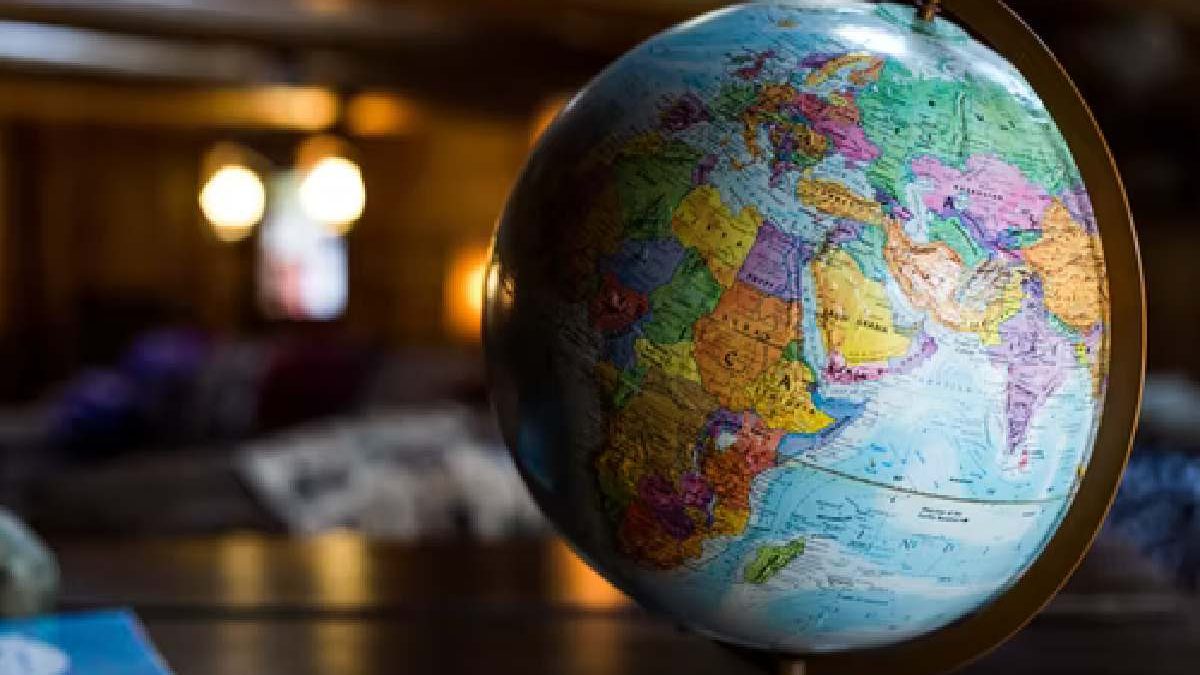Books about the fall of nations, continents, or civilizations increased in the years after World War I, particularly after the success of Spengler’s. European world
The Fall of the West, although the literature on the subject goes back centuries. There is, for example, Montesquieu’s reflection on the greatness and decline of the Romans. In general, one could say that decadence becomes a recurring theme in times of meaningful change.
Ours is one of those things that gives books like Between Eagles and Dragons particular interest. The Fall of the West by Emilio Lamo de Espinosa won the 2021 Espasa Essay Prize.
Table of Contents
Lamo’s work is not, however, a resignation to decadence.
First, there is a rejection of this term, which is replaced by decadence. The West is experiencing low hours, but it has not fallen into decline. It embodied modernity and Europeanized the world with the spread of market economy, liberal democracy, and science.
Those who declare themselves to be opponents of the West, the rising powers, cannot escape these influences, even if they strive for de-Westernization. European world
As Lamo observes, the West marks an evolutionary course of universal historical importance. Now, as the author reminds us, the “civilizing influence of capital” in Marx’s idiom comes clearly to the fore.
Emilio Lamo de Espinosa has been trained in the thought of Ortega European world
He even writes an epilogue for the Spaniards in his book, reminiscent of what Ortega wrote in The Rebellion of the Masses. He approves with him on the need for Spain’s Europeanization.
A very current goal in the political class and society spearheaded the transition to democracy. Europe remains our scenario and destiny. European world
And it occurs to me to add that challenging the transition is equivalent to turning away from Europe because one of the aims of this process was to become part of Europe’s liberal democracies.
An illiberal Europe will inevitably be a Europe of discord, far removed from the founding fathers’ integration project.
Europe is our destiny because geography is history. Montesquieu implied this, quoted several times by Lamo. There is no other destination outside of Europe.
Any foreign policy that does not fully embrace the European and Atlantic dimensions lacks realism. These dimensions must always accompany our projection into the outside world, even if we go to emerging areas of Asia or Africa.
It may be that Europeanism and Atlanticism were simple goals that had to be achieve by some countries, and once reached, they brought them into a state of serenity or continuation. This should not be the ideal of Spain, medium power and not a tiny country.
As Lamo rightly reiterates, we need to know how to combine our presence in the EU and NATO with an ambitious policy of bilateral relations with our closest neighbours, our allies, and the countries of Latin America. It could be add that we should emulate Russia and China in doing so.
Who in their respective strategies favour bilateral relations over multilateral ones, but with one notable difference: Spain believes in and practices multilateralism.
The author emphasizes our foreign policy at the beginning of the century. European world
Spain has not managed to be “in the heart of Europe,” as Rodríguez Zapatero asserted in 2004. The governments of Merkel and Sarkozy must have had an impact.
And especially the financial crisis of 2008 that brought us to the brink of salvation. The current economic outlook, partly due to the pandemic and our urgent need for European funds, bodes reasonably suspect.
Regarding the Atlantic dimension, relations with the United States have not improved. A series of personal disagreements with North American leaders did not help. Although perhaps more decisive was Spanish policy towards Latin America.

